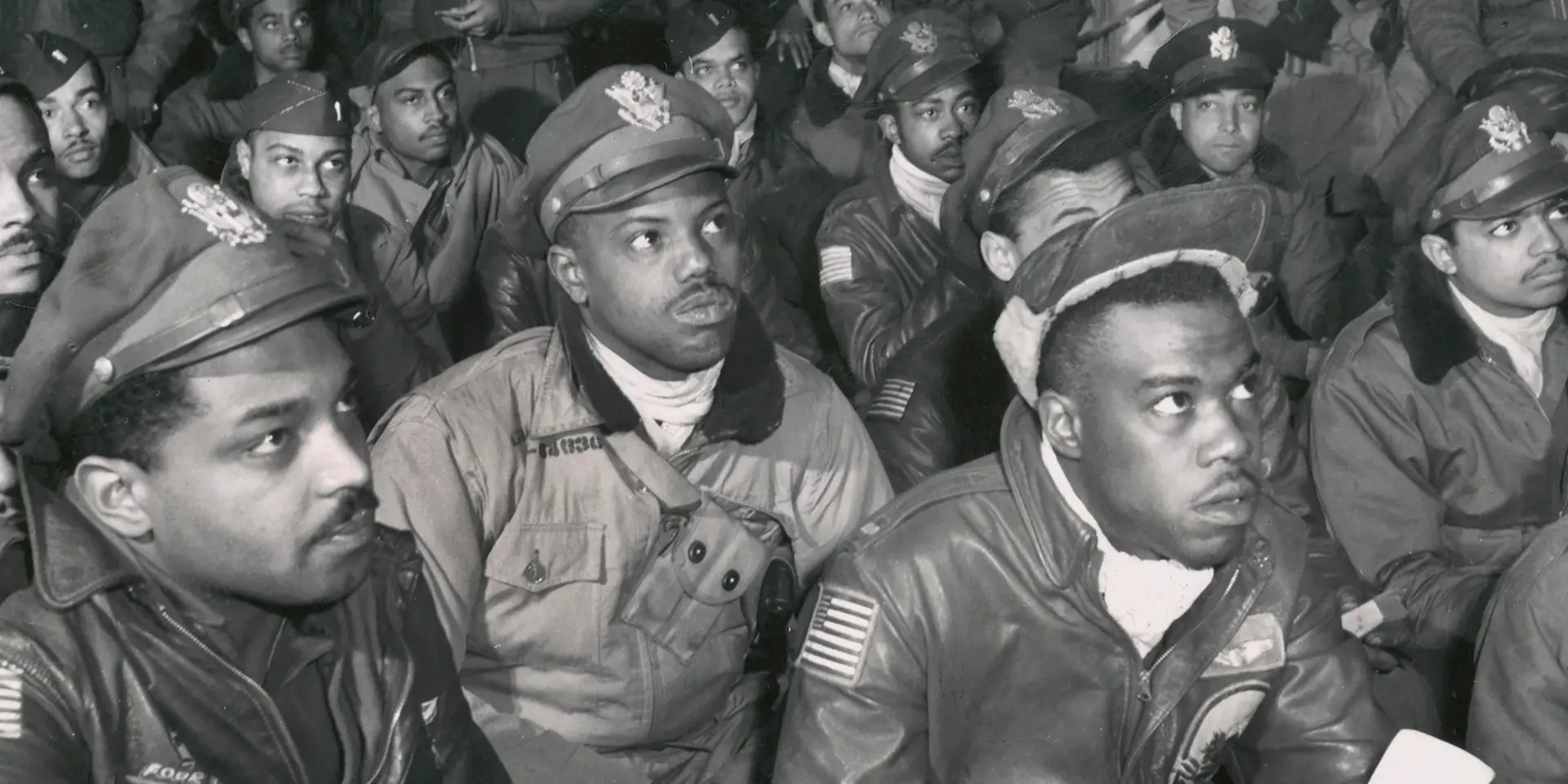
As shown at History.com
Sometimes in the study of history, the backstory is more fascinating than the actual event.
Take February. Forget Ground Hog Day, this is also Black History Month. According to the History Channel website (https://www.history.com/topics/black-history/black-history-month), this all began in September, 1915 when historian Carter G. Woodson and minister Jesse E. Moorland founded the Association for the Study of Negro Life and History (today the Association for the Study of African American Life and History) to research and promote achievements by Black Americans and others of African descent. One of their initiatives was to sponsor a national Negro History Week in 1926, choosing the second week of February (never mind it being in the shortest month) to coincide with the birthdays of Abraham Lincoln and Frederick Douglass.
To use a contemporary phrase, the idea went viral. In the following decades, mayors throughout the country began issuing annual proclamations recognizing “Negro History Week.” With a boost from the civil rights movement and growing Black Pride in the 1960s, “Negro History Week” morphed into Black History Month on many college campuses.
The event became official in 1976 when President Gerald Ford recognized Black History Month, calling upon the public to “seize the opportunity to honor the too-often neglected accomplishments of Black Americans in every area of endeavor throughout our history.”
What you might not realize is that every year features a unique theme. The 2024 theme is “African Americans and the Arts,” to emphasize the influence African Americans have had in the “visual and performing arts, literature, fashion, folklore, language, film, music, architecture, culinary and other forms of cultural expression.”
So now you know why February is Black History Month.
